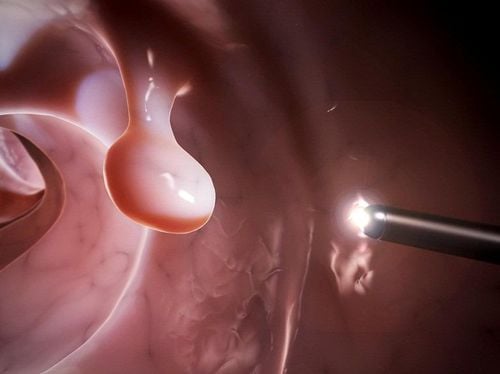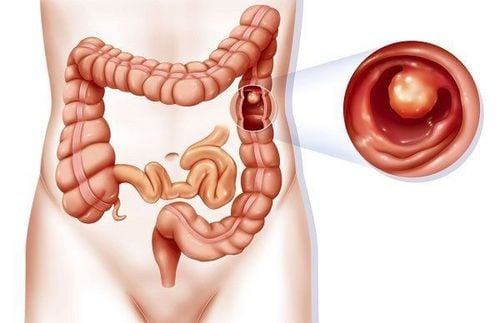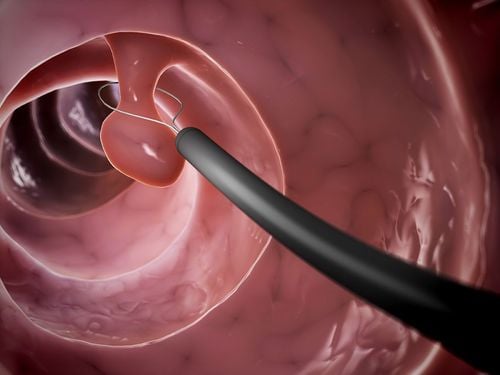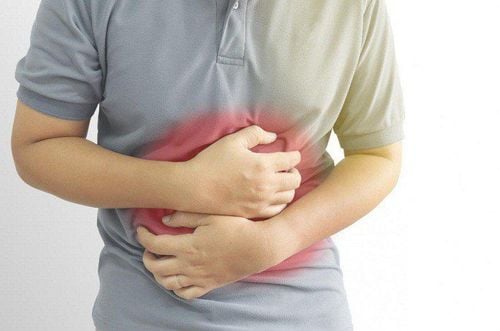Nội dung bạn đang tìm kiếm không có phiên bản tiếng Việt.
Vui lòng chọn tiếp tục để xem nội dung tiếng Anh hoặc đi đến trang chủ Tiếng Việt.
Rất xin lỗi về sự bất tiện này.

Home
Tag Colon polyps
Articles in Colon polyps

What to Do If Colon Polyps Recur 6 Months After Surgical Removal?
Hello Doctor, I had a colon polyp removed 6 months ago, but it has grown back. What should I do if colon polyps recur 6 months after surgical removal?
Xem thêm

Bleeding During Bowel Movements After Colon Polyp Removal: Is It Serious?
I just had my colon polyp removed 4 days ago but I still bleed a little while passing stool. So the doctor asked me to ask if it's okay to bleed after removing colon polyps? How long does it take for the cut to heal?
Xem thêm

What to Eat After Colon Surgery?
Colon surgery is a procedure to remove a part of the large intestine that is obstructed or diseased. After surgery, there are certain foods you should eat and avoid.
Xem thêm

When is it dangerous for a child to have blood in the stool?
Blood in stool is a very common condition in children. However, parents should not be too complacent; when encountering such cases, they should take their child to a healthcare facility as soon as possible. This is because the causes of blood in a child's stool are varied, such as: anal fissures, intestinal inflammation, diarrhea due to infection,..
Xem thêm

Diagnosis of malignancy of colon polyps through endoscopic images
The introduction of flexible endoscopes has made it possible to observe the interior of the stomach and colon, allowing for accurate diagnoses of both benign and malignant diseases. Advancements in pathological anatomy enable us to examine specimens under a microscope, helping to determine the histological nature of tissue samples or lesions and to distinguish between benign and malignant conditions. The assessment of potential malignancy is based on various factors, including the mobility, surface characteristics, and shape of the polyp, as well as the results obtained from staining and magnification techniques.
Xem thêm

Do colon polyps grow back after removal?
Colon polyps are usually benign, but doctors often recommend removing them as they may develop into cancer later. So, do colon polyps grow back after removal?
Xem thêm

Hepatic flexure colon tumor
Hepatic flexure colon tumors are tumors that appear in the colon at the bend between the ascending colon and the transverse colon, also known as the right colonic flexure. Compared to other locations in the colon, hepatic flexure colon tumors are less common. Symptoms pain in the lower right ribs when suffering from the disease can be confused with liver and biliary diseases, so patients should go to the doctor early for timely examination and treatment.
Xem thêm














